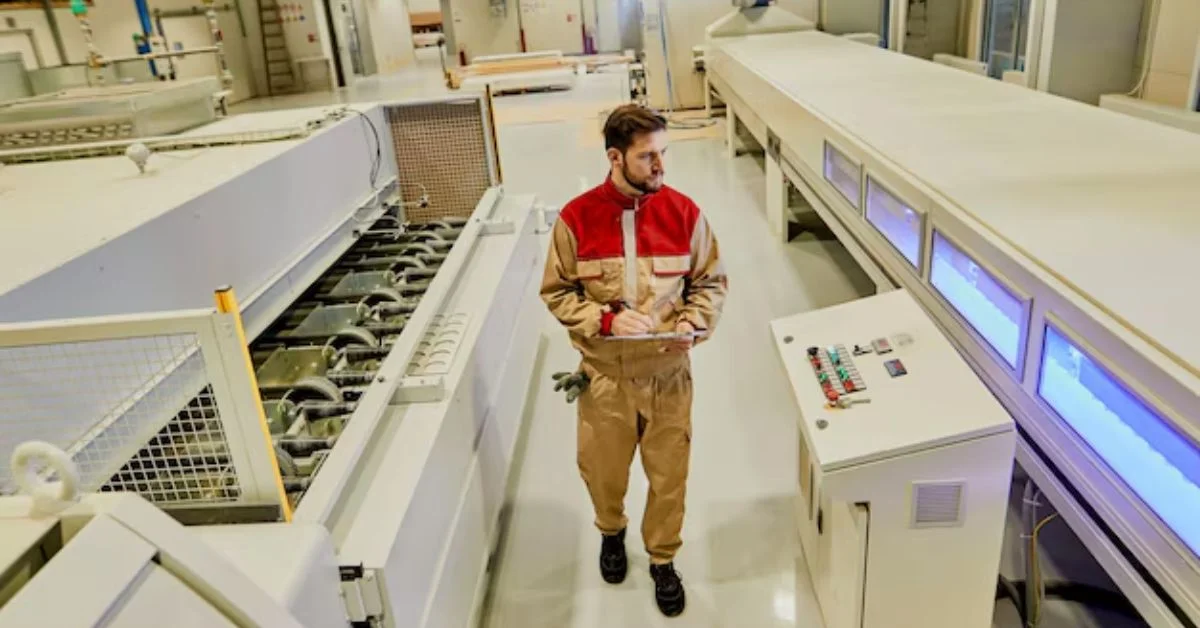The tech industry is synonymous with innovation, requiring not only intellectual and digital resources but also physical infrastructure that supports continuous advancements. Among these critical supports are commercial coolers, which ensure that technology components, especially those sensitive to temperature variations, operate efficiently and safely. This article explores the indispensable role of commercial coolers across various sectors within the technology industry.
Server Farms and Data Centers
Server farms and data centers, the hubs of data storage, cloud computing, and online service provision, generate significant amounts of heat due to high server densities. Proper cooling is essential to prevent overheating and ensure these servers operate reliably. Commercial coolers provide precise temperature control, significantly reducing the risk of hardware failures and extending the lifespan of the equipment.
Energy Efficiency
In the realm of data centers, energy efficiency is a priority, not just for cost management but also for environmental responsibility. Advanced commercial cooling solutions, such as liquid cooling and specialized air conditioning systems, play a crucial role in achieving these efficiency goals. These systems help manage the immense heat output more effectively, reducing the overall carbon footprint of these facilities.
Manufacturing of Electronic Components
The manufacture of electronic components like semiconductors and microchips requires environments where temperature and humidity are meticulously controlled. Any variation can lead to product defects and inefficiencies. Commercial coolers in these manufacturing settings prevent ambient temperatures from affecting the sensitive materials used in electronic components, ensuring high yields and product reliability.
Precision Cooling Needs
In environments where electronic components are assembled, the precision of temperature control is paramount. Commercial coolers used in these settings are often custom-designed to meet specific cooling requirements, ensuring that even the most sensitive processes can be carried out without risk of temperature-induced error or damage.
Research and Development Labs
Tech companies invest heavily in research and development (R&D) to push the boundaries of what’s possible. These labs often use high-powered equipment that generates a lot of heat. Commercial coolers in R&D facilities maintain a controlled environment, ensuring that experimental variables are kept constant for accurate and reliable results.
Customized Cooling Solutions
The bespoke nature of many technological innovations requires equally bespoke cooling solutions. Tech companies and cooler manufacturers often collaborate to create custom cooling systems tailored to specific research needs or operational constraints, allowing for optimal operational conditions irrespective of the external environment.
Impact on Sustainability
As the tech industry’s focus on sustainability sharpens, the role of commercial coolers also evolves. Modern cooling technologies are increasingly energy-efficient and are being designed to integrate with renewable energy sources. This not only helps tech companies reduce operational costs but also aligns with broader environmental goals like reducing greenhouse gas emissions.
Conclusion
Commercial coolers are more than just infrastructure components; they are integral to the operational success of the tech industry. They enable data centers, electronic manufacturers, and R&D labs to meet their rigorous demands for environmental control, playing a crucial role in the ongoing innovation and sustainability efforts of the tech sector. As technology advances, the evolution of cooling technology continues to be a pivotal area of focus, ensuring that the backbone of our digital world remains strong and sustainable.
For more information , click here.









